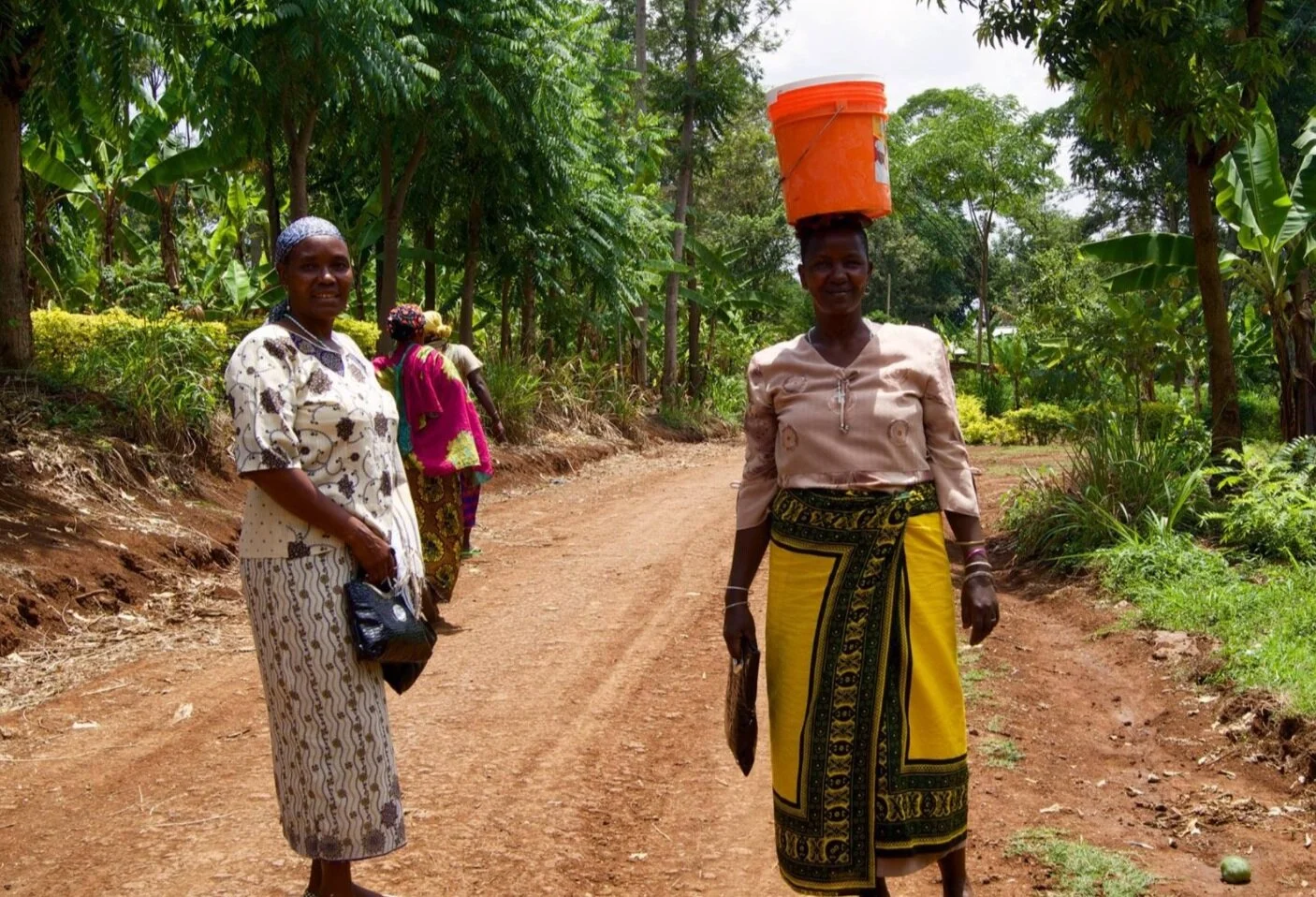The World Health Organization (WHO) reports 2.2 billion people worldwide lack access to safe drinking water.
30 million of those people reside in Tanzania.
Tanzania is located on the eastern coast of Sub-Saharan Africa. One third of Tanzania’s population lives in rural areas, most of which lack access to clean water and other basic infrastructure. Only 56% of the total population in Tanzania has access to clean water. This poses an immense stress on the health of the population, as waterborne illnesses account for 50% of the disease burden.
In Tanzania and other countries where adequate drinking water is lacking, children may experience frequent episodes of severe diarrhea, contributing to high rates of malnutrition, morbidity, and mortality. Diarrheal disease is the second leading cause of death for children under the age of 5 worldwide.
But with your help, we can change that.

Changing the world is possible. We've done it before.
2015 marked the beginning ideas of The Maji Movement when our founder, April Gulotti, first traveled to the communities of Moshi, Tanzania. Prior to her trip, April had paired with the elementary school she had once attended, Oaks School #3, in fundraising to cover the material costs of the biosand filters for Kilema, a community in Moshi. Involving students was a priority of April’s to highlight the power of youth in making a significant impact on the world.
With the help of Neema, now the head of The Maji Movement’s Tanzania Team, and many others, April held training and educational workshops at Kilema’s local nursery school for all community members interested in the water filters. The informational sessions focused on improving the community’s understanding of their unprotected local water sources and the dangers it posed to their health, as well as displaying how to properly build and, more importantly, maintain the biosand filters.
One week later, April, Neema, and two biosand technicians returned to Kilema for the community’s first biosand filter installation! The team worked side-by-side with Kilema’s community members in building and installing each filter. By the week’s end, 30 biosand filters had been built and installed in 24 homes and 2 nursery schools. Five years later and the project’s filters are still functioning properly and bringing Kilema’s residents clean and safe drinking water.
This “pilot project” is a clear representation of the success of April’s efforts and the way sustainable change can be made through community empowerment. We are passionate about continuing this work through The Maji Movement.



